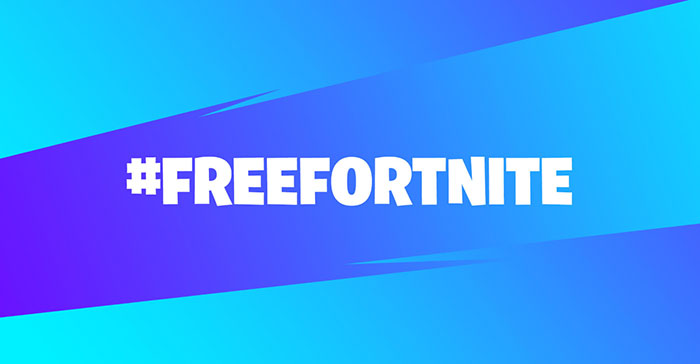As last week closed, an important ruling was published by US District Judge Yvonne Gonzales Rogers, after considering the contentious Epic Games lawsuit against Apple. Depending on where you read about the ruling, it either a decisive win for Apple, or a small win for Epic and other App Store developers. That gives you a big clue about the judge's decision – it largely maintained the status quo for Apple and its App Store policies, but there was one significant avenue opened up, where developers might be able to make a fairer share of the revenue stream.
In brief, Epic's small win (one of the ten counts of the antitrust suit) was that Apple has to remove a rule preventing developers from implementing "buttons, external links, or other calls to action that direct customers to purchasing mechanisms" in their apps. However, this change isn't enough for Epic. One must remember too, though, that the judge has also told Epic to pay Apple damages for an amount equal to 30 per cent of the >$12 million revenue which it collected from users via the Fortnite app on iOS (via Epic Direct Payment) when it was available in the store and violating Apple's rules.

As things stand, one might expect Apple to be fussy and restricting in allowing developers to add links/buttons to alternative payment methods in their apps – to buy DLCs, unlocks, subscriptions etc. Whatever you might think, it isn't good enough for Epic Games, as on Sunday it announced an appeal against the California court antitrust case decision.
"Epic is fighting for fair competition among in-app payment methods and app stores for a billion consumers," said Epic CEO Tim Sweeney. "Fortnite will return to the iOS App Store when and where Epic can offer in-app payment in fair competition with Apple in-app payment, passing along the savings to consumers."
Apple's response to last week's ruling reads as rather smug, saying that "the court has affirmed what we've known all along: the App Store is not in violation of antitrust law." It went on to conflate its App Store restrictions with store safety and providing 'US jobs': "We remain committed to ensuring the App Store is a safe and trusted marketplace that supports a thriving developer community and more than 2.1 million US jobs, and where rules apply equally to everyone." However, Apple doesn't treat all developers the same, as it recently allowed reader apps like Netflix, Spotify and Kindle to provide users with a direct link to their website for sign-ups, avoiding an Apple commission.






